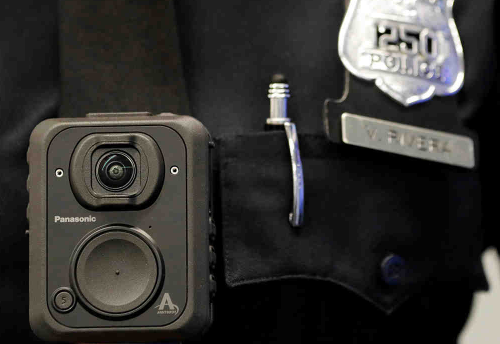Photos: YouTube\ACLU
(Washington, D.C.) — The District of Columbia can publicly release body-worn camera recordings and names of officers who kill or inflict violence on civilians that the police are sworn to protect, the D.C. Superior Court ruled on July 16 when it dismissed a lawsuit filed by the city’s police union.
Representatives for the officers had attempted to block the implementation of the Comprehensive Policing and Justice Reform Second Temporary Amendment Act of 2020.
In October 2020, the Lawyers’ Committee for Civil Rights Under Law, the Public Defender Service for the District of Columbia, the Washington Lawyers’ Committee for Civil Rights and Urban Affairs, the American Civil Liberties Union for the District of Columbia, and Law4BlackLives DC, filed a joint amicus brief arguing in favor of the District’s motion to dismiss the lawsuit. The brief argued that the public has a right-to-know about, and police officers have no right to privacy in, their public actions as public officials – one of the rationales that the superior court used in explaining why the police union’s lawsuit had no legal merit.
“Law enforcement has a duty to serve and protect, and the public has the right to know whether and how law enforcement upholds that duty, particularly when police officers use force against or kill members of our community,” said John Fowler, counsel with the Lawyers’ Committee for Civil Rights Under Law. “This dismissal is a win for public accountability in a city with a decades-long history of secrecy around police misconduct.”
“We are proud to work alongside these five organizations in promoting justice,” said Paul Kiernan, partner at Holland & Knight. “The court’s decision is a strong statement supporting transparency in policing.”
In enacting the Comprehensive Policing and Justice Reform Amendment Act of 2020, the District of Columbia’s elected officials embraced accountability and transparency for a city with a troubled history of police abuses and chronic failures to hold officers accountable for their misconduct.







